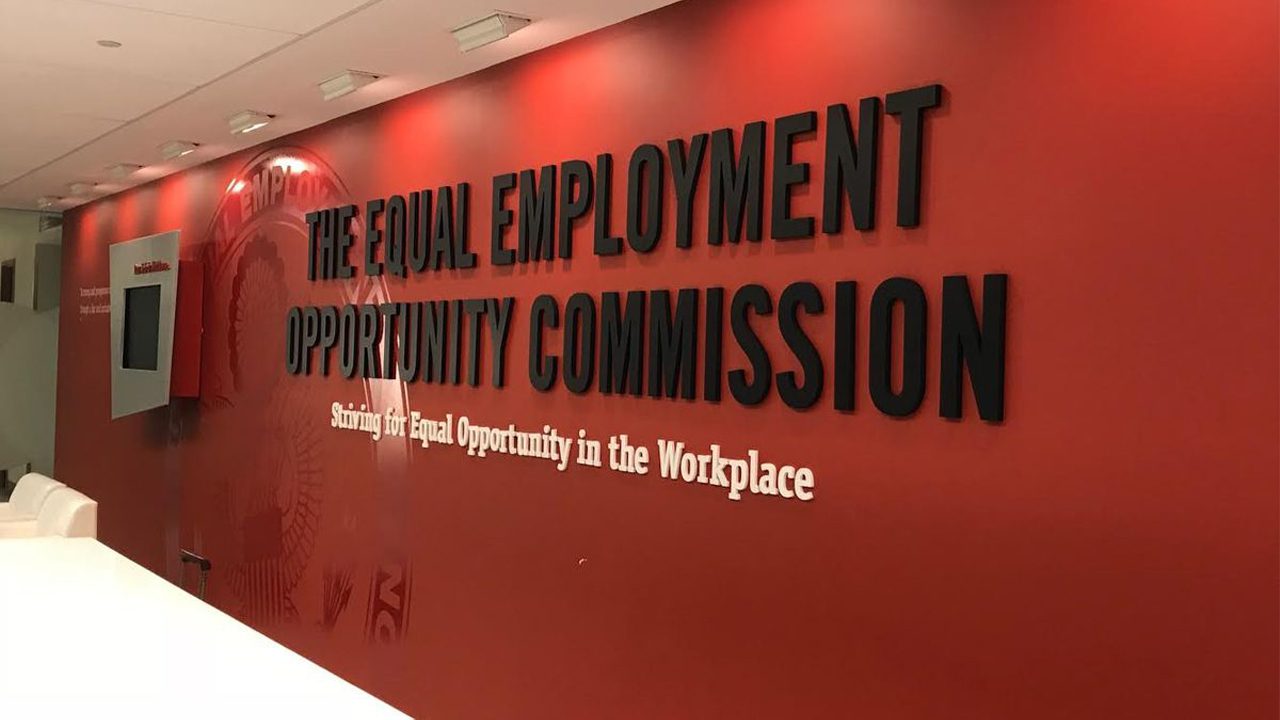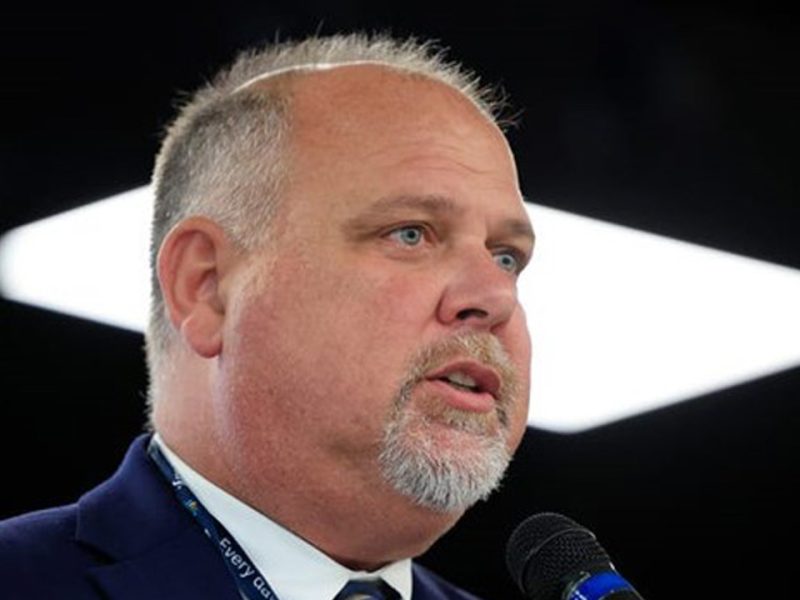
Federal LGBTQ+ workplace protections could land some schools in hot water
Schools could be caught between proposed EEOC guidance and state policies restricting facility access and pronoun usage for transgender employees.
K-12 DIVE | By Naaz Modan | October 10, 2023
Dive Brief:
- Federal proposed guidance released last week protecting LGBTQ+ individuals from harassment and discrimination in the workplace could come into direct conflict with spreading state and local policies on pronoun use and facility access for transgender school employees.
- The guidance, proposed Oct. 2 by the U.S. Equal Employment Opportunity Commission, would consider intentional and repeated misgendering, as well as denial of bathroom access or other facilities, as sex-based discrimination. Such harassment in and outside of the workplace could lead to a hostile environment in some circumstances, per the proposed directive.
- Under this policy, schools and other employers that bar transgender employees from bathrooms aligning with their gender identities or don’t recognize an employee’s preferred pronouns would be considered to be discriminatory and in violation of federal sex- and gender-based harassment protections.
Dive Insight:
At least nine states prohibit transgender people from using bathrooms and other facilities like locker rooms in K-12 schools, according to the Movement Advancement Project, which tracks policies on LGBTQ+ related issues.
Pronoun use for transgender individuals has also become a hot-button issue in many of the same states.
In Florida, a law passed last year requires K-12 policy to reflect that it is “false to ascribe to a person a pronoun that does not correspond to [a] person’s sex.” The law prohibits transgender employees in K-12 settings from using students’ pronouns that “do not correspond to his or her sex.”
Citing this law, Orange County Public Schools sent a memo to its staff in August warning that the state can sue the school district if employees do not comply.
On the other hand, if the EEOC guidance is finalized as is, school employees could file a federal complaint against the school for workplace discrimination if it continued to ban transgender facility access and, under certain circumstances, use the employee’s preferred pronouns.
Florida schools, as well as those in other states with similar local policies, would potentially have to choose whether they would rather risk losing their state or federal funding, said Jonathan Segal, an attorney for labor and employment law firm Duane Morris.
“It’s a Hobson’s choice,” Segal said, referring to the choice between only one option or nothing.
Although the EEOC filing made clear the final directives “will not have the force and effect of law and are not meant to bind the public in any way,” the agency could still rely on the guidance when assessing whether a school discriminated against an employee based on sex or gender.
Schools should get a legal opinion from attorneys familiar with education and employment law and waive attorney-client privilege, Segal advised. That way, a school that relies on legal advice and still ends up in litigation over its LGBTQ+ policies can show they were acting on legal guidance and not in bad faith toward transgender individuals.
“It’s not usually a full defense to liability, but it can be a material defense to damages,” said Segal.
Last week’s EEOC proposal reflects what many believe final Title IX regulations will cover. The Title IX regulations will for the first time offer protections for LGBTQ+ individuals in schools.
The U.S. Department of Education said it expects those regulations to be finalized by October, but policy experts say the department is likely to miss the self-imposed deadline.
EEOC is accepting comments on its proposed workplace guidance through Nov. 1.





